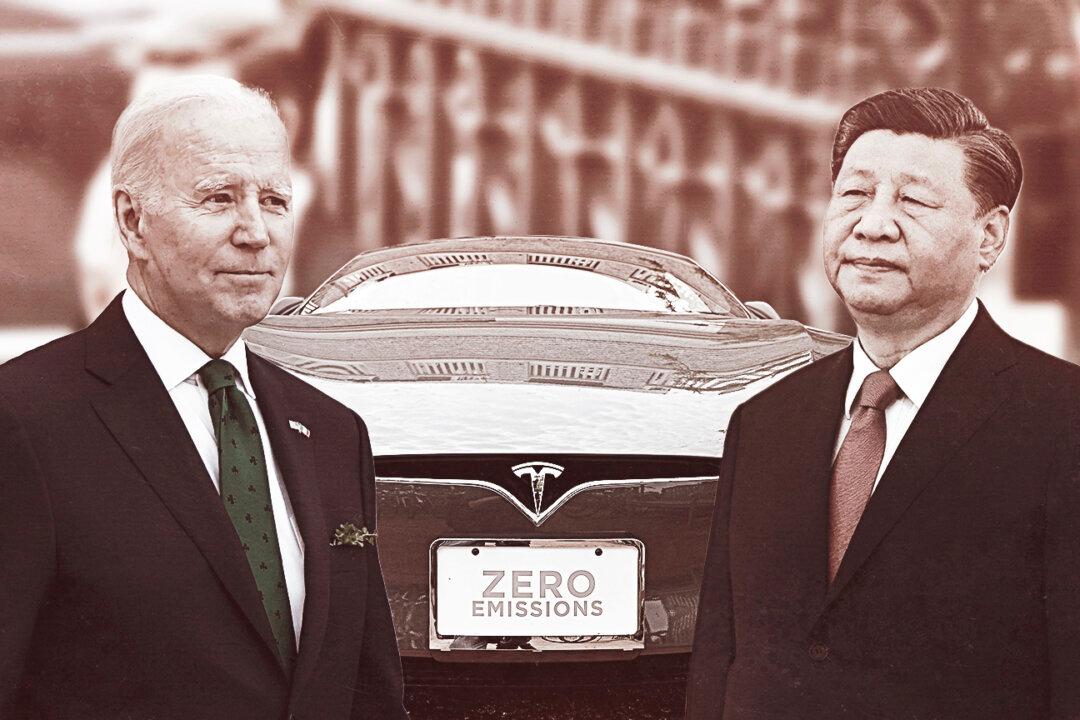The Environmental Protection Agency’s (EPA) “strongest-ever” vehicle emissions standards designed to drive mass adoption of electric cars within a decade will increase the United States’ dependence on China, experts warn.
“It benefits the Chinese Communist Party because they control the critical minerals supply chain that is going to be necessary to build out the batteries for those electric vehicles,” said Mandy Gunasekara, director of the Center for Energy and Conservation at the Independent Women’s Forum, a conservative think tank, in an April 17 interview with The Epoch Times.





